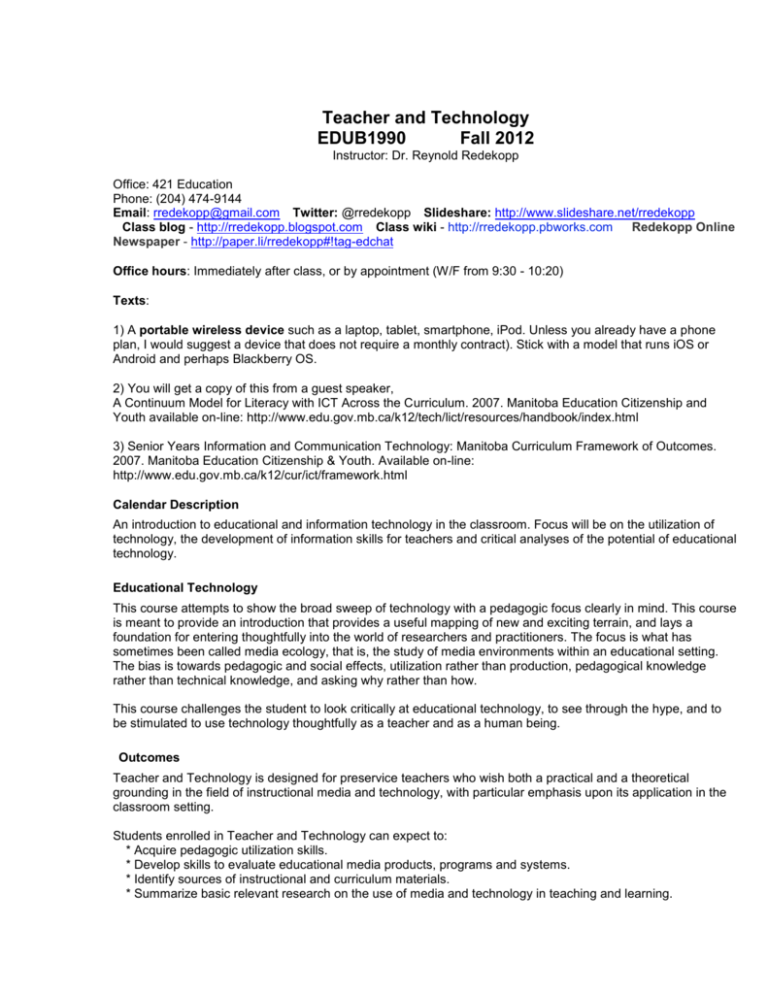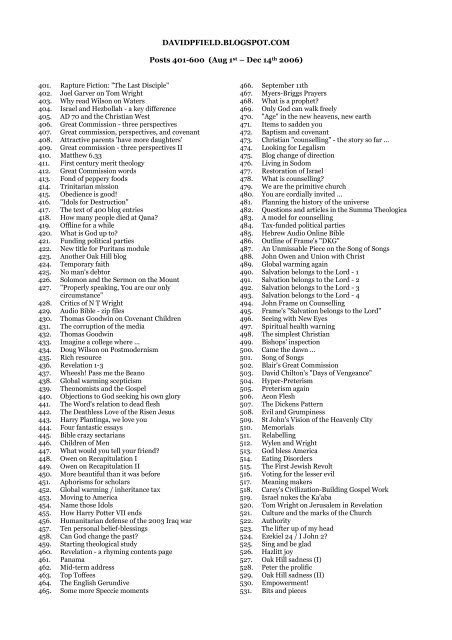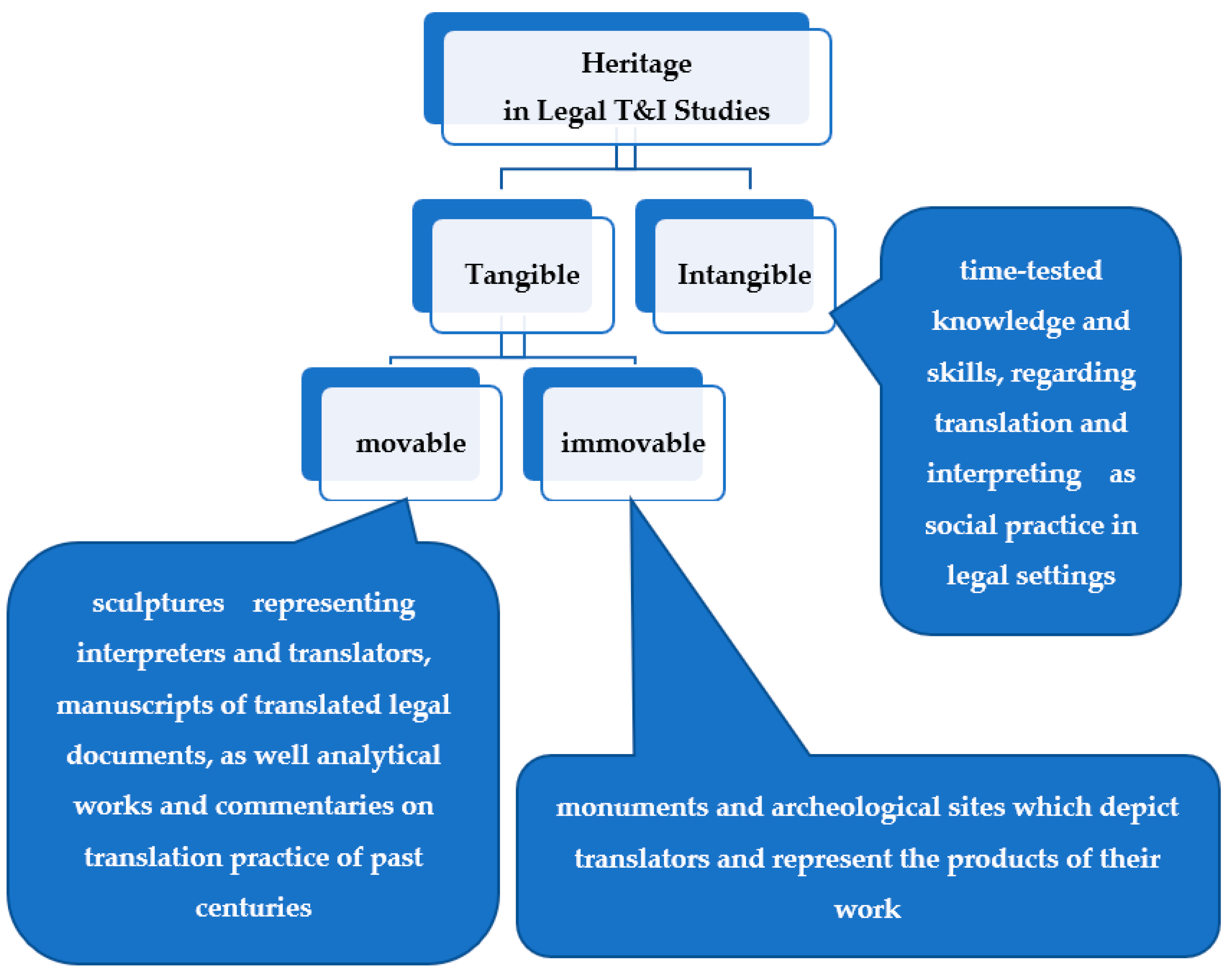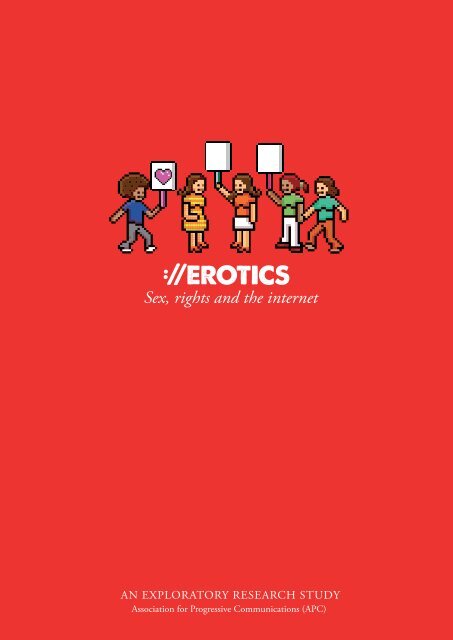5 days agoCommitting plagiarism could be grounds for expelling a student from a university, terminating a professor’s teaching contract, or suing an artist for monetary compensation. The problem with plagiarism. Plagiarism has been a problem in schools and universities for years, but has become even more prevalent with the birth of the Internet.
Sustainability | Free Full-Text | Heritage Module within Legal Translation and Interpreting Studies: Didactic Contribution to University Students’ Sustainable Education
Legal Consequences of Plagiarism. Plagiarism itself is not illegal in the United States, but plagiarism can breach a contract or infringe on copyright, patent, and trademark protections. These types of plagiarism can cause the original author or their estate to bring a lawsuit against you. People who steal others’ work in violation of the law

Source Image: studylib.net
Download Image
Generally, plagiarism is not a crime, or “illegal,” in the United States. Further, there is no direct tort (civil suit brought by a non-governmental person) recognized in U.S. law for plagiarism. Any possible legal (or pseudo-legal) action related to plagiarism would be done by the means discussed below.

Source Image: retractionwatch.com
Download Image
Emerging threads and common gaps: A synthesis Plagiarism has serious consequences, and can indeed be illegal in certain scenarios. While most of the time plagiarism in an undergraduate setting is not illegal, plagiarism or self-plagiarism in a professional academic setting can lead to legal action, including copyright infringement and fraud.

Source Image: turnitin.com
Download Image
Plagiarism Is Technically Not Illegal In The United States
Plagiarism has serious consequences, and can indeed be illegal in certain scenarios. While most of the time plagiarism in an undergraduate setting is not illegal, plagiarism or self-plagiarism in a professional academic setting can lead to legal action, including copyright infringement and fraud. Feb 1, 2023Plagiarism law involves the rules surrounding taking someone’s ideas or writing, claiming they are your own and trying to sell or publish them. Plagiarism doesn’t apply to short quotes or works that are cited to the original source. In the case of plagiarism, the actual author can take legal action against the plagiarist and recover the profits
Self-plagiarism definition: Can you plagiarize yourself using AI?
4 days agoFebruary 1, 2024 Table of Contents Understanding Plagiarism in the Legal Context Copyright Infringement vs. Plagiarism The Role of Copyright Law Consequences of Copyright Infringement Legal Implications in Educational and Professional Settings Copyright and the Internet Best Practices to Avoid Plagiarism Conclusion DAVIDPFIELD.BLOGSPOT.COM Posts 401-600 (Aug … – David Field

Source Image: yumpu.com
Download Image
Cómo se hace remoción fraudulenta de notas periodísticas de Google – El Clip 4 days agoFebruary 1, 2024 Table of Contents Understanding Plagiarism in the Legal Context Copyright Infringement vs. Plagiarism The Role of Copyright Law Consequences of Copyright Infringement Legal Implications in Educational and Professional Settings Copyright and the Internet Best Practices to Avoid Plagiarism Conclusion

Source Image: elclip.org
Download Image
Sustainability | Free Full-Text | Heritage Module within Legal Translation and Interpreting Studies: Didactic Contribution to University Students’ Sustainable Education 5 days agoCommitting plagiarism could be grounds for expelling a student from a university, terminating a professor’s teaching contract, or suing an artist for monetary compensation. The problem with plagiarism. Plagiarism has been a problem in schools and universities for years, but has become even more prevalent with the birth of the Internet.

Source Image: mdpi.com
Download Image
Emerging threads and common gaps: A synthesis Generally, plagiarism is not a crime, or “illegal,” in the United States. Further, there is no direct tort (civil suit brought by a non-governmental person) recognized in U.S. law for plagiarism. Any possible legal (or pseudo-legal) action related to plagiarism would be done by the means discussed below.

Source Image: yumpu.com
Download Image
Academic Plagiarism From The Perspective Of Students | PDF But while civil cases involving plagiarism are rare, criminal cases are even more so. However, they are not unheard of. In the United States, researcher Craig Grimes faced a criminal fraud investigation over his acceptance of duplicative grants he received for the same proposal. While the charges were dropped, he was given a two-year ban on

Source Image: slideshare.net
Download Image
GISWatch 2013 by Hivos – Issuu Plagiarism has serious consequences, and can indeed be illegal in certain scenarios. While most of the time plagiarism in an undergraduate setting is not illegal, plagiarism or self-plagiarism in a professional academic setting can lead to legal action, including copyright infringement and fraud.

Source Image: issuu.com
Download Image
Is plagiarism illegal if your work is not published? – Quora Feb 1, 2023Plagiarism law involves the rules surrounding taking someone’s ideas or writing, claiming they are your own and trying to sell or publish them. Plagiarism doesn’t apply to short quotes or works that are cited to the original source. In the case of plagiarism, the actual author can take legal action against the plagiarist and recover the profits
Source Image: quora.com
Download Image
Cómo se hace remoción fraudulenta de notas periodísticas de Google – El Clip
Is plagiarism illegal if your work is not published? – Quora Legal Consequences of Plagiarism. Plagiarism itself is not illegal in the United States, but plagiarism can breach a contract or infringe on copyright, patent, and trademark protections. These types of plagiarism can cause the original author or their estate to bring a lawsuit against you. People who steal others’ work in violation of the law
Emerging threads and common gaps: A synthesis GISWatch 2013 by Hivos – Issuu But while civil cases involving plagiarism are rare, criminal cases are even more so. However, they are not unheard of. In the United States, researcher Craig Grimes faced a criminal fraud investigation over his acceptance of duplicative grants he received for the same proposal. While the charges were dropped, he was given a two-year ban on